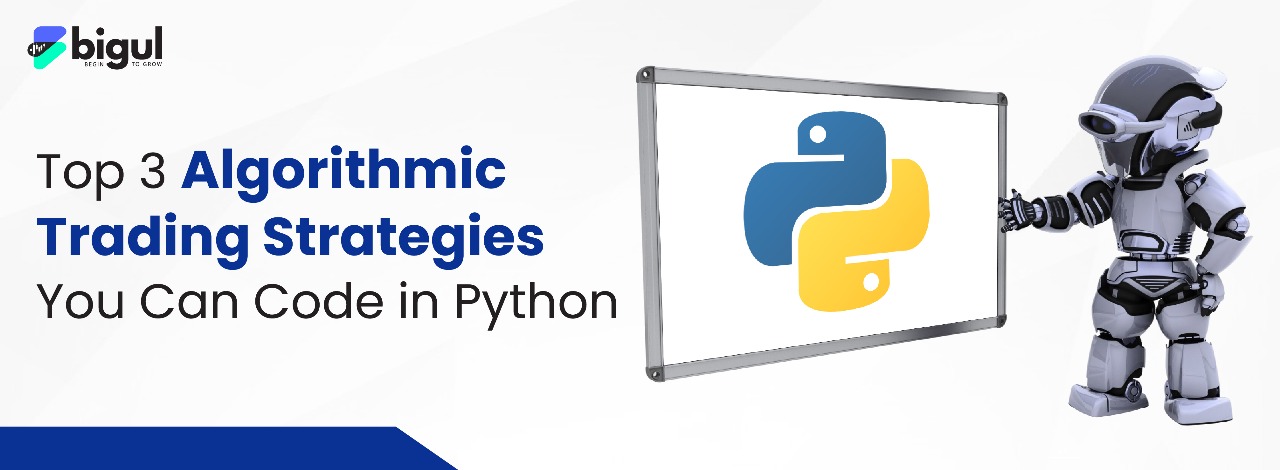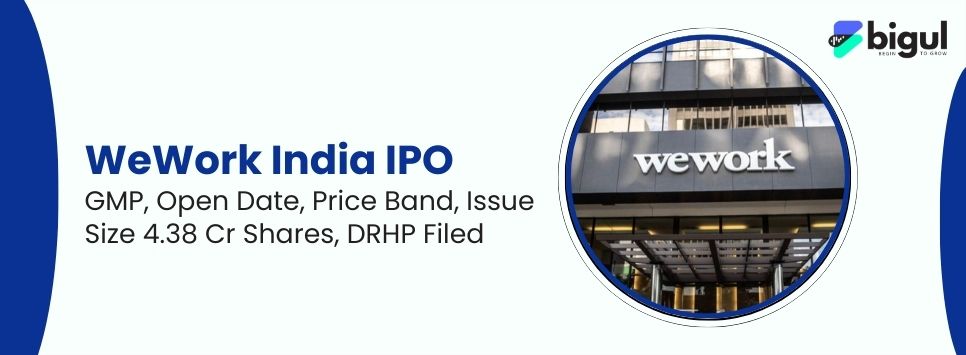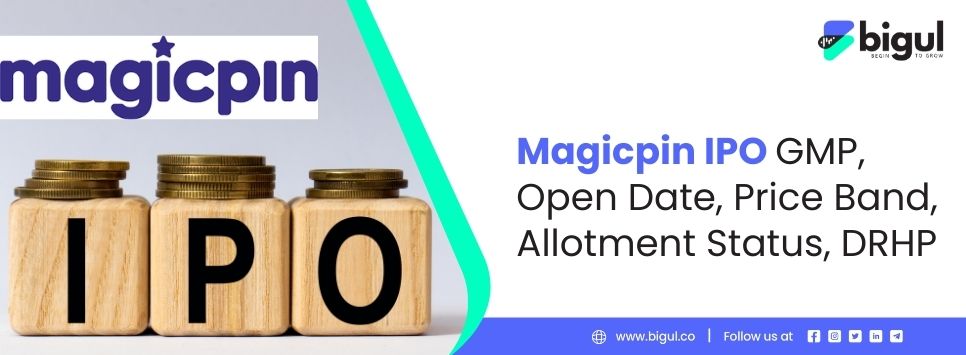What is Implied Volatility in Options Trading
Options trading is a popular investment strategy for traders looking to manage risk and generate profits. However, successful options trading requires a deep understanding of the various factors that impact the price of an option, including implied volatility.
Implied volatility—the market’s anticipation of future volatility—is crucial to options trading.
The following article explains implied volatility and options trading. Its calculation, importance, and effect on option pricing will also be examined. Additionally, we will discuss the various factors that affect implied volatility and how to interpret and use it in making trading decisions.
By the end of this article, you’ll comprehend implied volatility and options trading.
Also Read | Implied Volatility: Everything You Need to Know
What is Implied Volatility?
Implied volatility is the market’s expectation for the future volatility of an underlying asset, as reflected in the price of an options contract. It is calculated using an options pricing model and differs from historical volatility, which reflects actual past price movements.
Implied volatility is a critical component of options trading, as it impacts the price of an option and can provide insight into market expectations.
How Volatility Differs from Historical Volatility
Implied volatility and historical volatility measure a security’s volatility but are calculated and represented differently. Historical volatility (HV) is based on real price fluctuations of the underlying securities over a defined period, generally days, weeks, or months. HV is calculated by taking the standard deviation of the security’s daily price movements over that period.
HV reflects how much security has moved in the past and is a measure of historical risk. However, implied volatility (IV) is determined from an option’s market price and indicates the market’s anticipation of future security movement.
An option pricing model like the Black-Scholes model uses the underlying asset’s current price, the option’s strike price, the time to expiry, the risk-free interest rate, and the option’s price to calculate IV. IV reflects the current market perception of future risk.
Why is Implied Volatility Important in Options Trading?
Implied volatility is an important concept in options trading for several reasons:
- Impact on Option Pricing: Implied volatility is a key component in determining the price of an option. The higher the implied volatility, the higher the option premium. Because higher implied volatility suggests a greater possibility of major price changes in the underlying asset, the option buyer’s potential profit increases, and the option’s price rises.
- Understanding Market Expectations: Implied volatility represents market expectations for future asset volatility. By analysing implied volatility, traders can gain insight into market expectations for future price movements in the underlying asset.
- Importance in Options Strategies: Implied volatility help options traders choose which ones to purchase or sell. A trader may sell high-implied volatility options to profit from the high premium or purchase low-implied volatility options to profit from expected price movements in the underlying asset.
Understanding implied volatility is key in options trading because it helps traders choose options and control risk.
Factors that Affect Implied Volatility
Like any financial indicator, implied volatility fluctuates due to many variables. These factors can include:
Supply and demand Implied volatility represents the market’s expectations of future asset price changes. If a stock’s options contracts are in great demand, the trading volume may grow, raising implied volatility.
1. Market Sentiment
The overall mood of the market can also influence implied volatility. Implied volatility may be lower if investors feel optimistic about the economy or a particular sector. Conversely, implied volatility may be higher if investors are worried about a recession or a company’s future prospects.
2. News and Event
News and events that impact the underlying asset can also affect implied volatility. For example, an unexpected earnings announcement or a major political event can cause a sudden change in implied volatility.
3. Time Decay
As options contracts approach their expiration date, their implied volatility may decrease. This is because the likelihood of significant price movements decreases as the expiration date approaches.
Options traders need to know what affects implied volatility. Traders can gauge market expectations and alter their strategy by monitoring implied volatility. When making trading decisions, options traders must consider various aspects, including implied volatility.
Options traders must study a variety of market data and make informed selections.
Interpreting Implied Volatility
Interpreting implied volatility is a crucial skill for options traders. High implied volatility indicates that the market expects significant price movements in the underlying asset, while low implied volatility suggests that the market expects relatively little movement.
Traders can compare implied volatility to historical volatility to gain further insight into market expectations. Understanding implied volatility helps traders choose options to purchase or sell and shape their trading strategy.
Final Thoughts
Implied volatility plays a crucial role in options trading as it helps traders understand the market’s expectations and affects options pricing. Understanding the factors that affect implied volatility and interpreting its levels correctly can aid in making informed trading decisions.
By learning more about implied volatility, traders can develop more effective options strategies and improve their chances of success in the market.
Also Read | Understanding Covered Call Option Trading Strategies







.jpg)
.jpg)
